New contact tracing app for COVID-19 spread designed to protect privacy
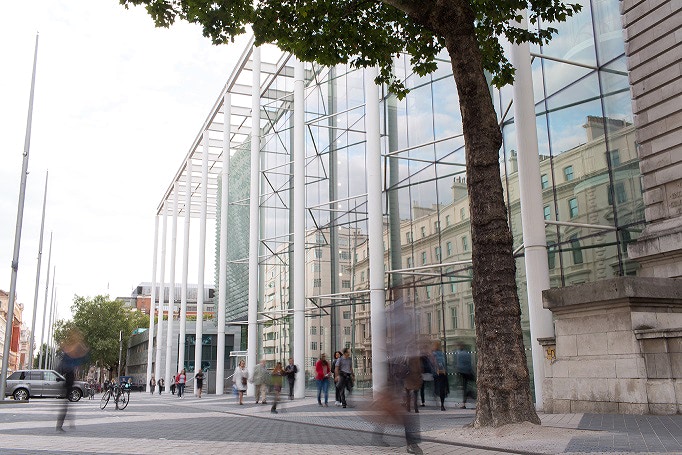
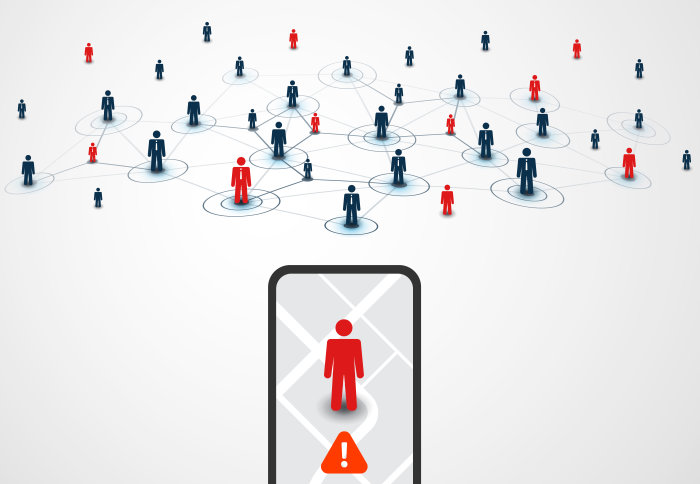

A new app developed at Imperial College London aims to protect privacy whilst trying to minimise coronavirus spread.
As part of their efforts to slow the outbreak of coronavirus, international governments, research institutions and industry are developing contact tracing apps to record interactions between people. These apps warn users if one of the people they have been recorded as being in close contact with via Bluetooth is later diagnosed with COVID-19 so they can take appropriate steps like self-isolation.
Our app aims to track coronavirus spread without collecting data that’s traceable back to individuals.Professor Esther Rodriguez-VillegasDepartment of Electrical and Electronic Engineering
Such apps could prove useful in avoiding long-term confinement measures. However they often collect sensitive information like location data and Bluetooth-enabled proximity information, along with other personal information such as names and phone numbers.
Now, a new contact tracing app called Protego uses self-reported health data to help trace coronavirus spread via face-to-face contact. Like others, the app uses Bluetooth but avoids some of the privacy concerns raised by such apps by not collecting any personal information, and having a completely decentralised approach where only an individual’s own phone will ever be able to see if they may have been exposed.
The app’s project leader, Professor Esther Rodriguez-Villegas from Imperial’s Department of Electrical and Electronic Engineering, said: “There are serious privacy concerns if tracing apps can identify infected people and their whereabouts. Using Bluetooth in itself is not the issue, but problems might arise with the way it’s used. Our app aims to track coronavirus spread without collecting data that’s traceable back to individuals.”
The project is working in collaboration with Imperial’s Institute of Global Health Innovation to roll out the app internationally, with a focus on low- and middle-income countries.
Self-reporting
The app tells users if any user they have been in recent close contact with has COVID-19 and asks users to record whether they are displaying symptoms or have been given a diagnosis of COVID-19.
Phones with the app broadcast randomly generated unique codes via Bluetooth that other phones with the app nearby can record. The phones can then check locally if any of the codes that they broadcasted in the last 14 days have been recorded by someone who has symptoms or a diagnosis of COVID-19.
If a match is found, the app alerts the user to this as it means that they have been near someone who could have infected them. This would allow them to take appropriate measures, like self-isolation, to avoid spreading the disease before they develop potential symptoms.
The threshold for how close others need to be, and for how long, to trigger an alert will be based on national guidelines, so will vary by country. Although self-reported symptoms might be ambiguous, the app will track certain combinations of symptoms and, the researchers say, could motivate people to self-isolate, keep further away from others, wash their hands more, and generally be more aware that they might be infectious to others.
If a user reports symptoms or a diagnosis the app sends a daily reminder to encourage continuous reporting of symptoms.
Professor Rodriguez-Villegas said: “Technological tools can help to control the spread and outcomes of the pandemic, until working vaccines are developed. However, whenever possible, those tools should be private by design – and the larger the number of people using these tools, the more significant the positive impact will be.”
Our app allows users to remain completely anonymous, collecting no personal information such as name or phone number, yet still automatically alerting them to potential exposure.Barnabus BagguleyFaculty of Medicine
The researchers hope their app will be used by countries coming out of lockdown to prevent a second peak and enable a more educated, targeted and sustainable isolation strategy until a vaccine is ready.
App co-designer Barnabus Bagguley, undergraduate student in the Faculty of Medicine, said: “Our app allows users to remain completely anonymous, collecting no personal information such as name or phone number, yet still automatically alerting them to potential exposure. The decentralised design means that only your personal device will be ever able to assess your exposure status.”
Makers of the app are now in discussion with healthcare systems in Myanmar, Ghana and Gambia to explore how it might be rolled out to individual countries.
Download the app on x y and z.
Imperial COVID-19 Response Fund
Hundreds of supporters are backing Imperial academics and students as they race to understand coronavirus, develop new vaccines, create new diagnostic tests and serve on the NHS frontline.Find out more and donate to the COVID-19 Response Fund.
If there are some stories where it’s not appropriate to include at the bottom of any particular story, that’s OK. There may be good reason not to on occasion, but ideally the vast majority will include this text.


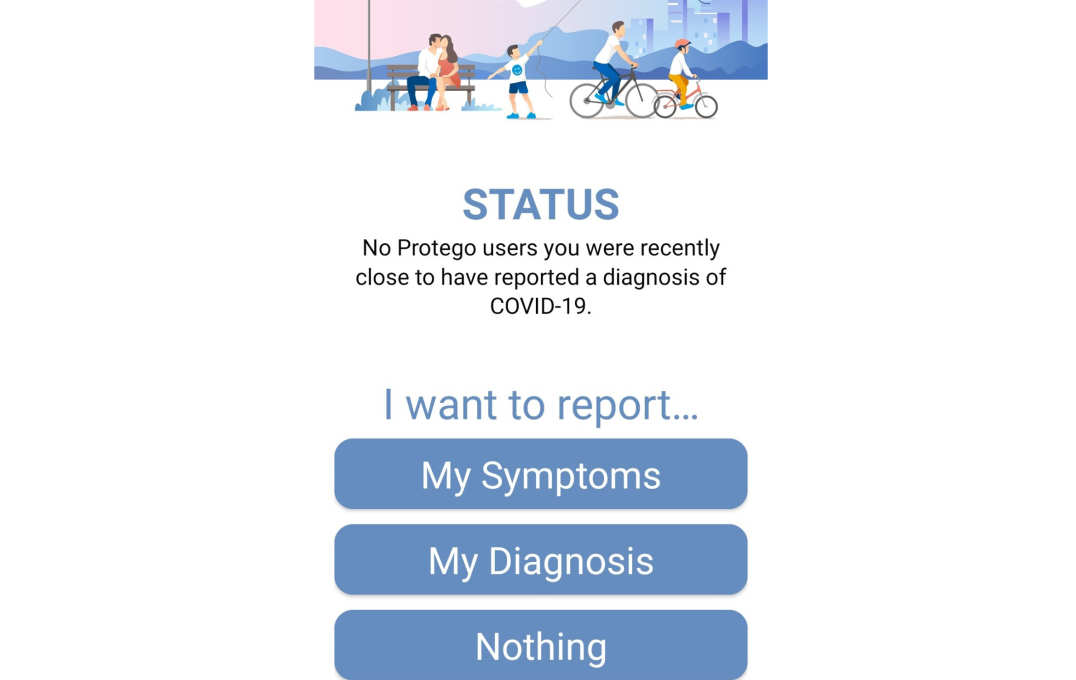
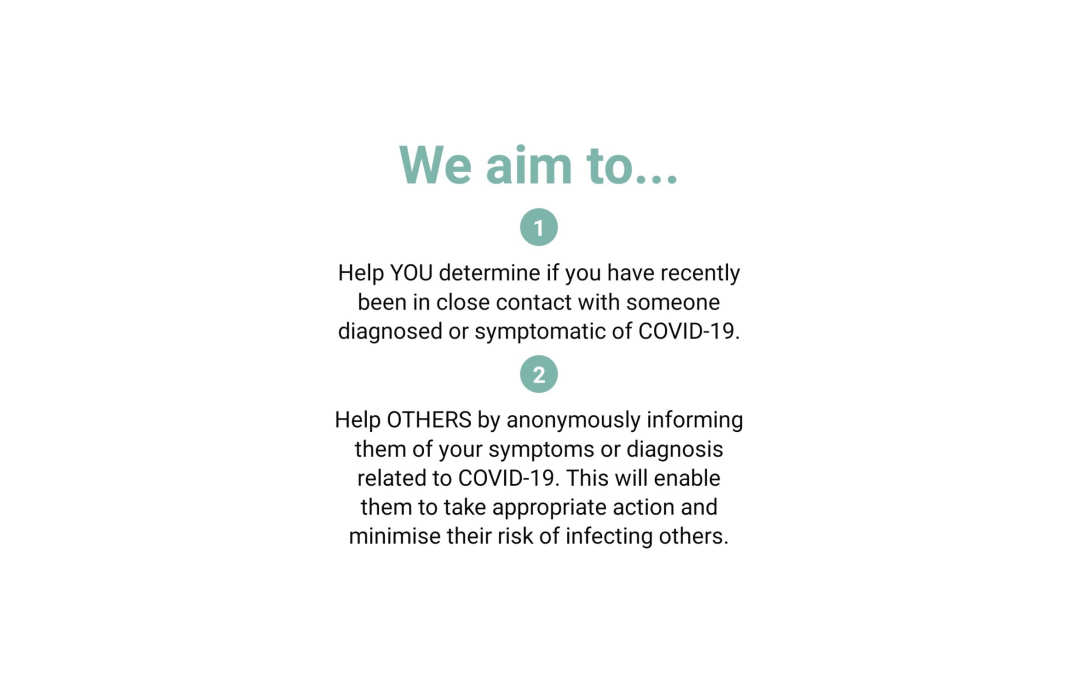
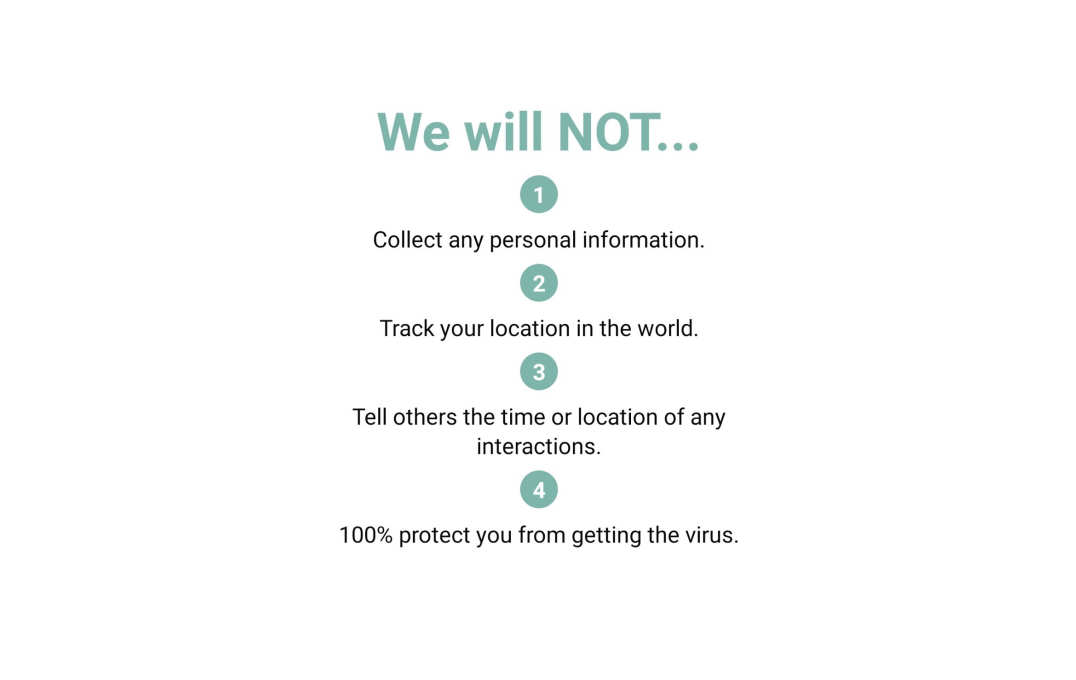
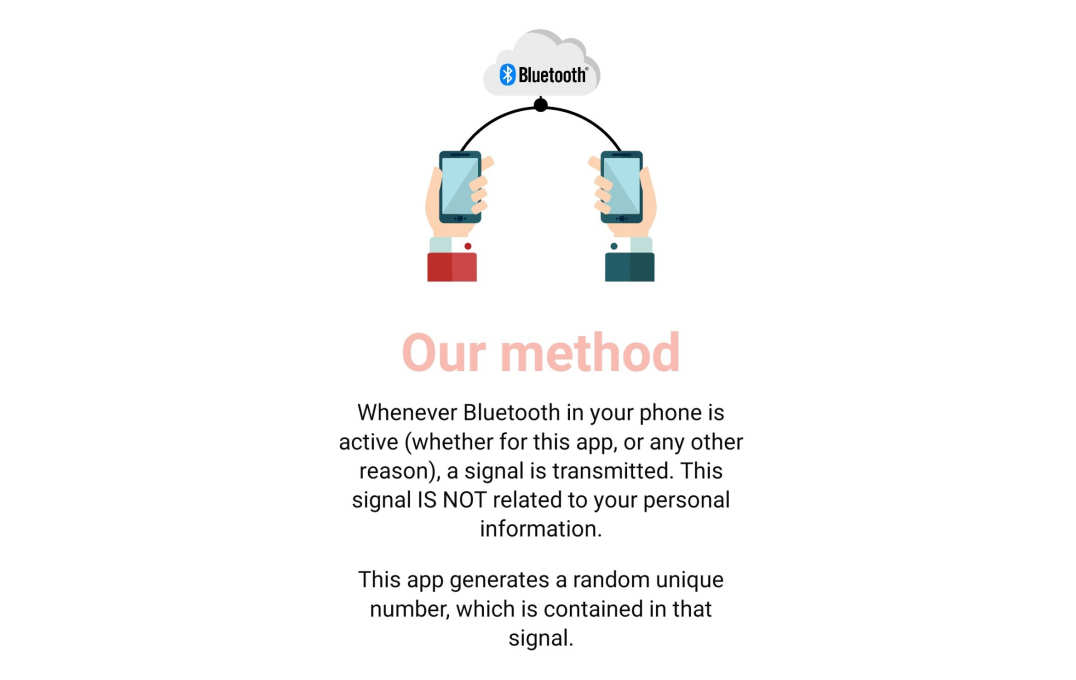
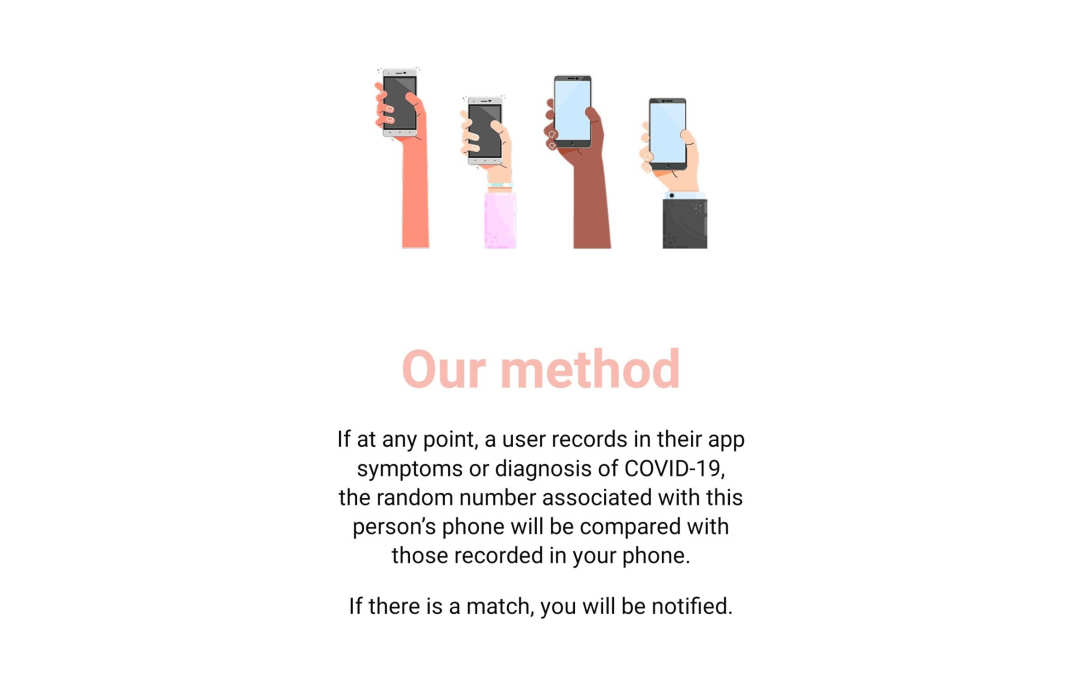
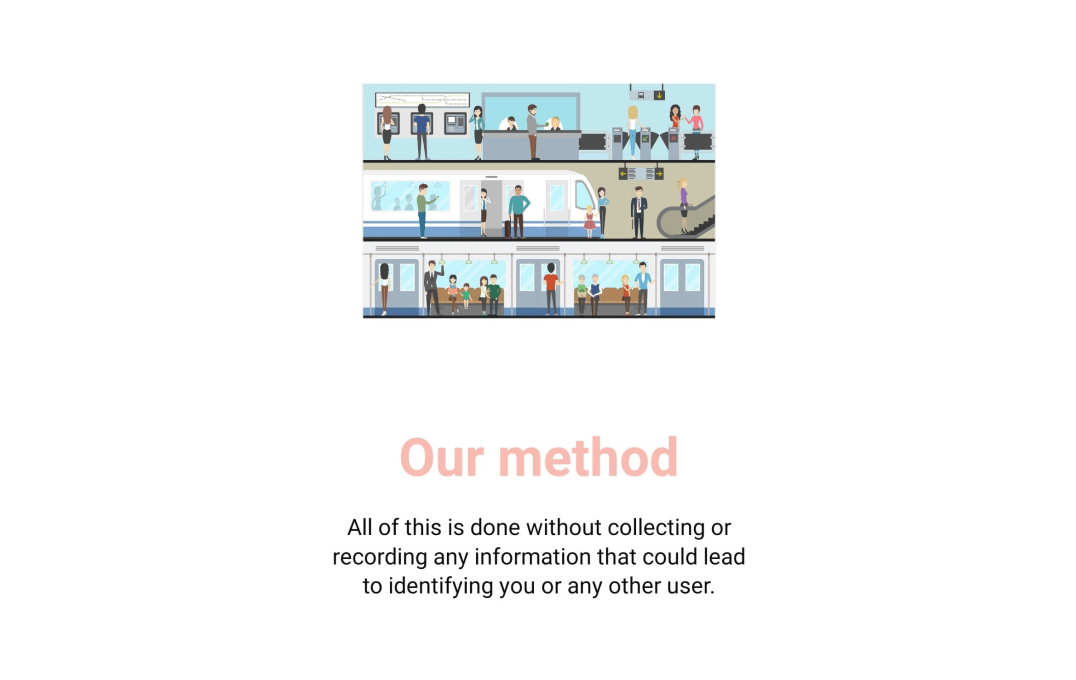










Responses